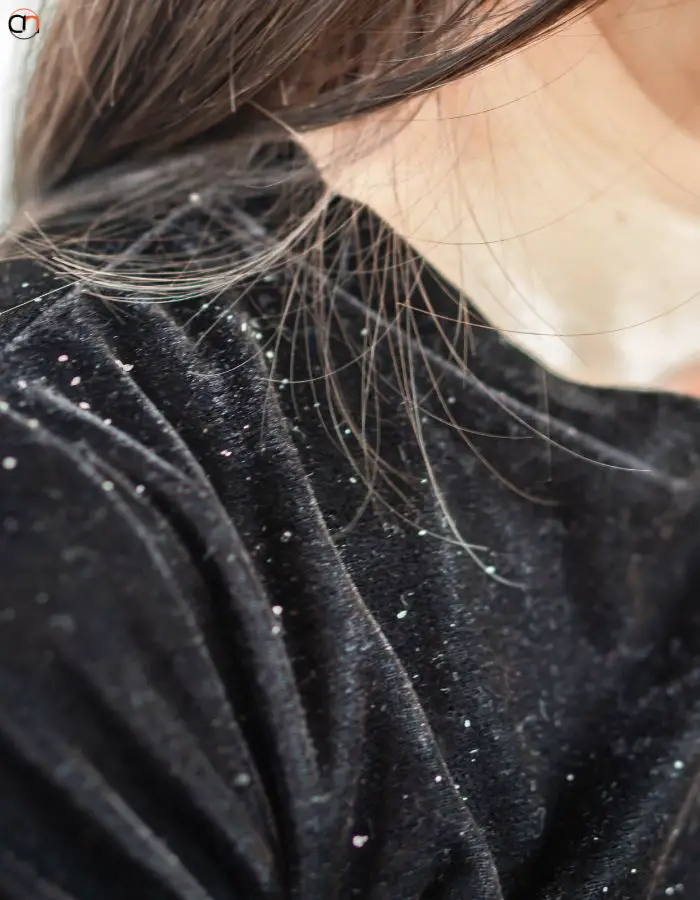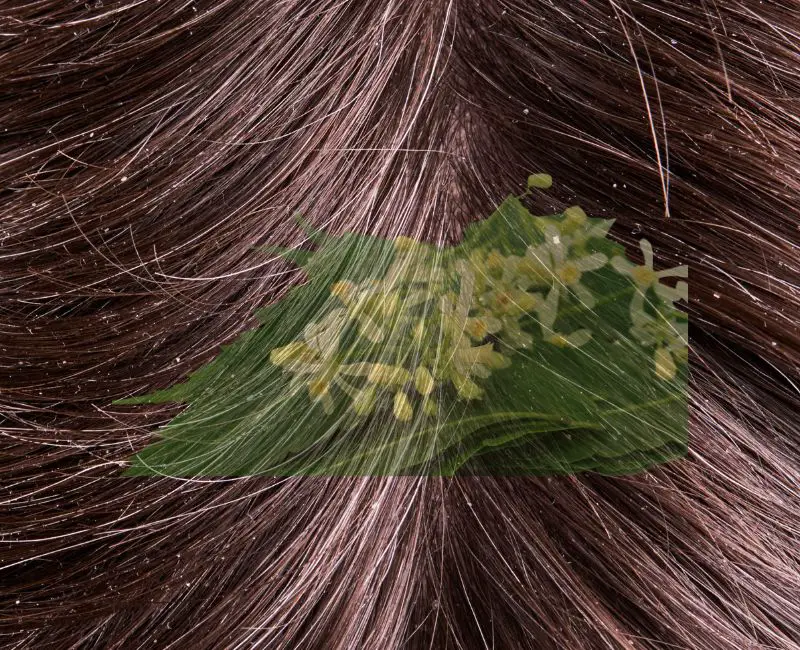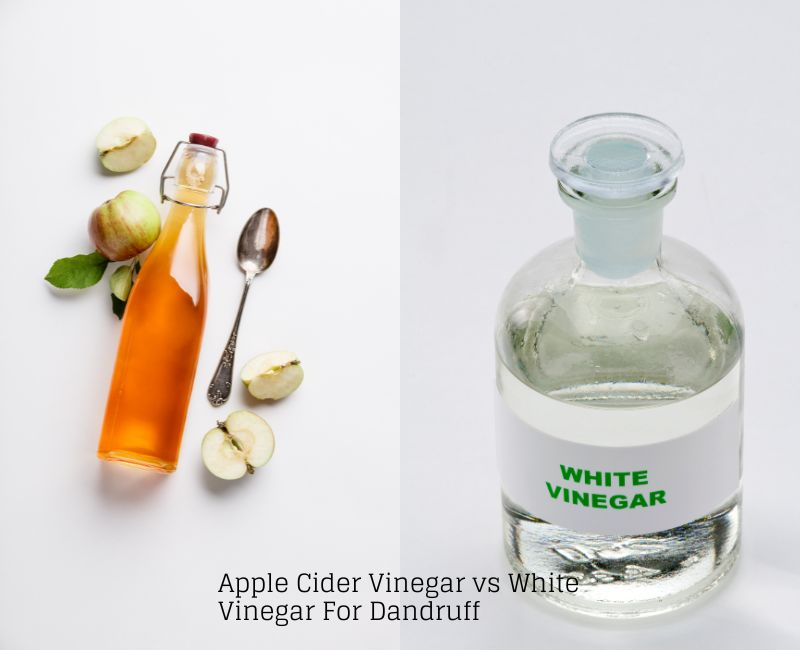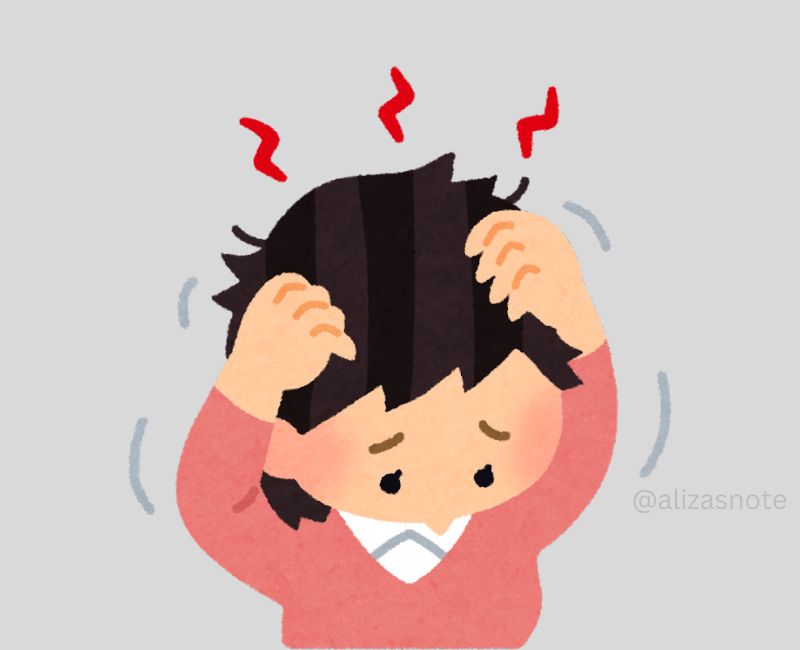How To Get Rid Of Dandruff
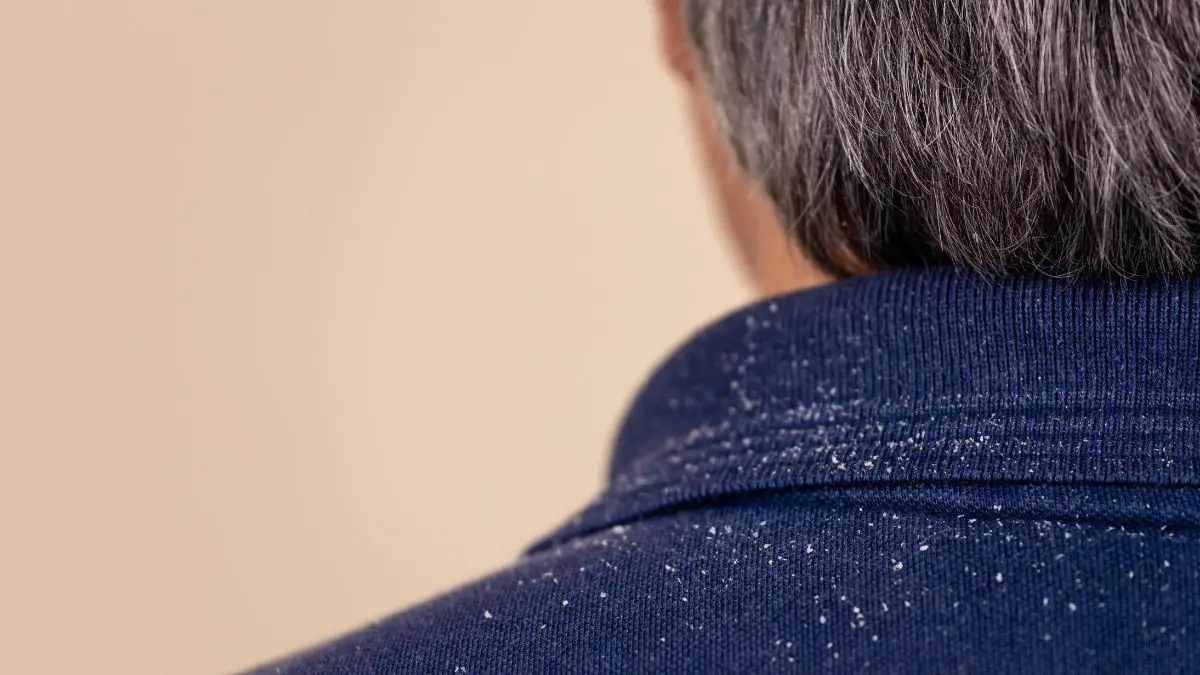
Dandruff is a common scalp condition that affects millions of people worldwide, leading to dry, flaky skin and sometimes itching.
While it’s often dismissed as a minor nuisance, persistent dandruff can cause discomfort and embarrassment.
The good news is that with the right approach, you can tackle dandruff and restore the health of your scalp.
How to get rid of dandruff? Get effective strategies and natural remedies to help you get rid of dandruff for good, so you can enjoy a flake-free, healthy scalp and hair.
What is dandruff?
Dandruff is a common scalp condition characterized by the shedding of dead skin cells, resulting in white or yellow flakes that can appear on your scalp and shoulders. It may be accompanied by itching or dryness.
Dandruff is often caused by factors like dry skin, seborrheic dermatitis, fungal infections (such as Malassezia), or sensitivity to hair products.
While it’s usually harmless, it can be irritating and sometimes difficult to manage without the right treatment.
How to get rid of dandruff:
To get rid of dandruff, it’s essential to adopt a consistent and effective approach that combines proper hair care with targeted treatments. Here’s how to get rid of dandruff
1. Use Anti-Dandruff Shampoos
Select shampoos containing ingredients like zinc pyrithione, selenium sulfide, ketoconazole, or salicylic acid. These active ingredients help combat the scalp’s yeast growth, reduce flaking, and soothe irritation. Regular use, as per the product instructions, is key to seeing results.
2. Establish a Scalp Care Routine
Wash your hair regularly with lukewarm water to prevent buildup of oils and flakes. Avoid hot water, as it can dry out the scalp. Gently massage the scalp while washing to help remove dead skin and improve circulation.
3. Try Natural Remedies
Tea Tree Oil: With its antifungal properties, tea tree oil can help reduce dandruff. Mix a few drops with a carrier oil and apply to the scalp before shampooing.
Aloe Vera: Aloe vera soothes itching and irritation. Apply fresh aloe gel to your scalp for relief.
Apple Cider Vinegar: Apple cider vinegar can help balance scalp pH and prevent fungal growth. Dilute it with water and rinse your scalp after a few minutes.
Coconut Oil: Moisturizing and antifungal, coconut oil nourishes the scalp. Massage it in, leave it for about 30 minutes, and then wash.
4. Focus on a Healthy Diet
A balanced diet rich in vitamins, particularly zinc, B vitamins, and omega-3 fatty acids, can help control dandruff. Also, stay hydrated to keep your scalp from becoming too dry.
5. Manage Stress
Stress can trigger or worsen dandruff. Regular relaxation practices like yoga, meditation, and exercise can help manage stress and reduce dandruff flare-ups.
6. Avoid Harsh Hair Products
Avoid using hair products that contain strong chemicals or fragrances, as these can irritate the scalp. Opt for mild, hypoallergenic shampoos and conditioners.
7. Consult a Professional
If your dandruff persists despite using over-the-counter treatments, it could be linked to conditions like seborrheic dermatitis or psoriasis. A dermatologist can provide more specialized advice and treatment options.
By following these steps, you can effectively manage and reduce dandruff, leading to a healthier, flake-free scalp and hair.
Diet and Lifestyle Changes:
Making simple adjustments to your diet and lifestyle can help manage and reduce dandruff:
Eat Nutritious Foods: Include zinc-rich foods (like pumpkin seeds), B vitamins (such as eggs and leafy greens), omega-3s (found in salmon and walnuts), and vitamin E (from avocados and almonds) to nourish your scalp.
Stay Hydrated: Drink plenty of water to keep your scalp moisturized and prevent dryness, which can lead to flakes.
Cut Back on Sugar and Processed Foods: Reduce sugary and processed foods, as they can trigger inflammation and worsen dandruff.
Reduce Stress: Engage in stress-relieving activities like meditation, exercise, or yoga to help minimize flare-ups.
Get Sufficient Sleep: Aim for 7-9 hours of sleep to support your immune system and scalp health.
Limit Smoking and Alcohol: Both can dehydrate and irritate the scalp. Reducing these habits can improve dandruff.
Practice Good Hair Hygiene: Wash your hair regularly with gentle products and avoid scratching your scalp to prevent further irritation.
Use these habits into your daily routine, you can support a healthy scalp and reduce dandruff effectively.
Last call:
- Dandruff can be a frustrating condition, but it’s entirely manageable with the right approach.
- Using anti-dandruff shampoos with active ingredients, following a regular scalp care routine, and trying natural remedies like tea tree oil or aloe vera can help eliminate flakes and soothe itching.
- A balanced diet with nutrients like zinc, omega-3s, and vitamins, along with staying hydrated, supports scalp health.
- Managing stress, avoiding harsh hair products, and getting enough sleep are important lifestyle changes to prevent flare-ups.
Last Call:
- Take the first step toward a healthier scalp by incorporating these tips into your daily routine.
- If dandruff continues, consult a dermatologist for personalized advice and treatment.
- Say goodbye to flakes and hello to healthy, vibrant hair! & join us.
FAQs:
Q. What is the best shampoo for dandruff?
The most effective dandruff shampoos contain ingredients like zinc pyrithione, ketoconazole, or selenium sulfide. These ingredients help fight the underlying causes of dandruff, such as fungal growth or scalp irritation.
Q. Are natural remedies effective for dandruff?
Yes, natural remedies like tea tree oil, aloe vera, and coconut oil can help reduce dandruff. They have antifungal, soothing, and moisturizing properties that can ease irritation and minimize flakes.
Q. How often should I wash my hair to reduce dandruff?
Washing your hair 2-3 times a week is generally effective for controlling dandruff. Overwashing can dry out the scalp, while underwashing can lead to oil buildup and flaking.
Q. When should I see a doctor about dandruff?
If your dandruff persists despite using over-the-counter treatments or you experience severe itching, redness, or swelling, it’s time to see a dermatologist for more targeted treatment.
Get More: Tips To Remove Dandruff From Scalp
